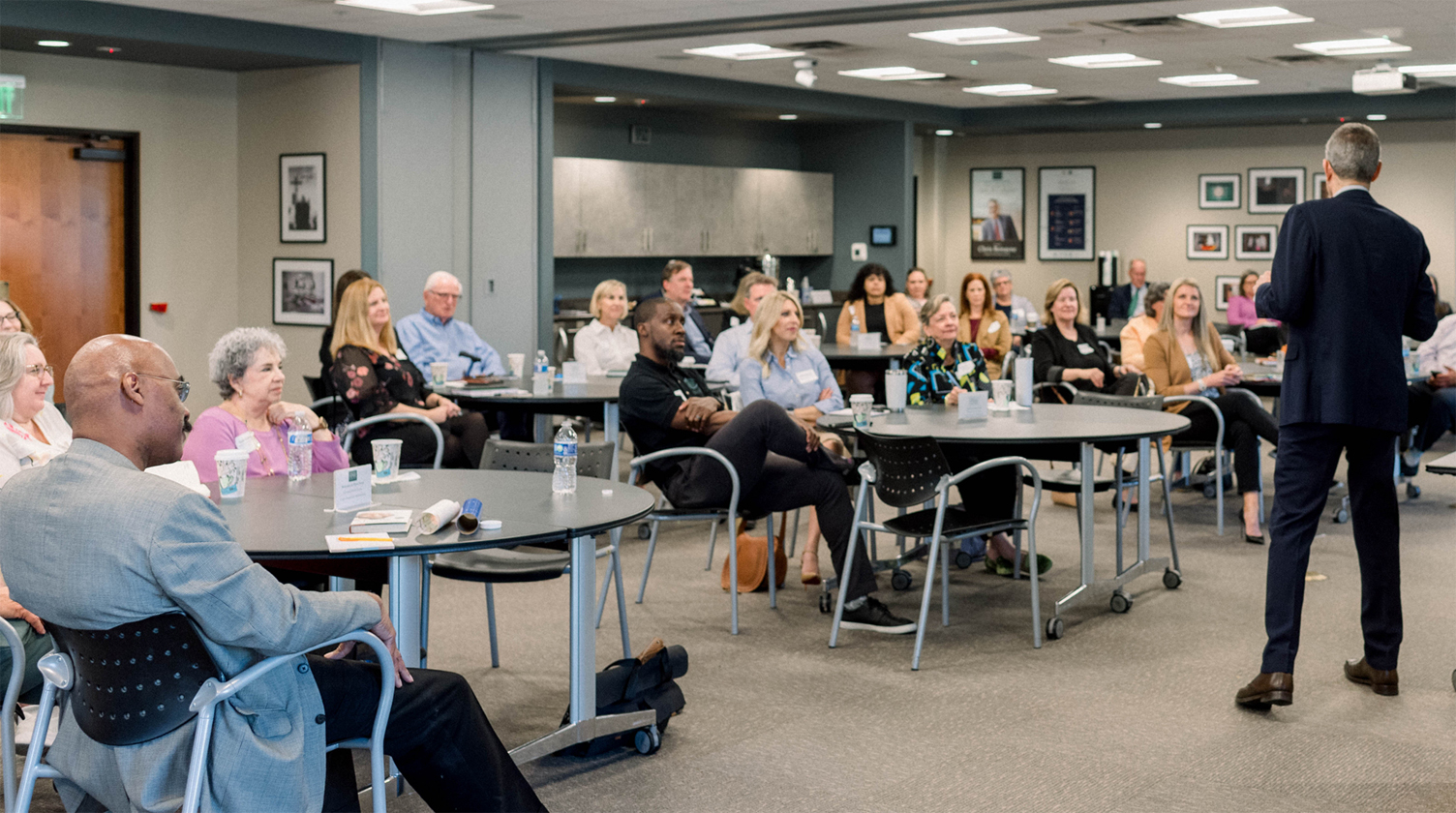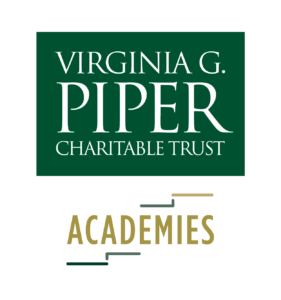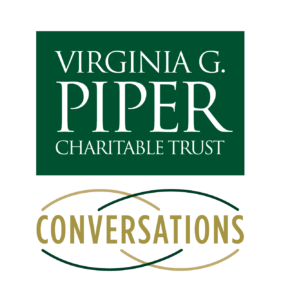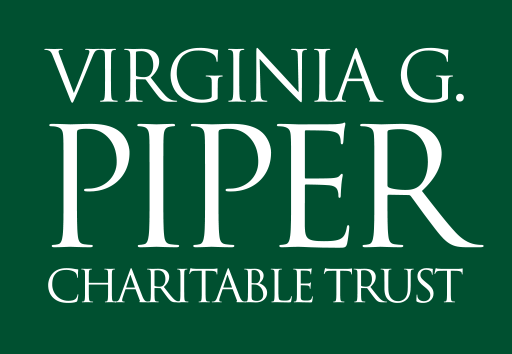
Capacity Building

Piper Trust provides resources and professional development opportunities to strengthen the leadership, resilience, and effectiveness of local nonprofit organizations and grantees. The Trust’s nonprofit capacity building programs encompass fundraising, operations, governance, board development, strategic planning, evaluation, and other relevant topics. Note that some programs and offerings are Trust-initiated/by invitation.
Piper Academies
 Piper Academies are invitation-only convenings that offer substantive learning opportunities for executive directors, board members, and select staff of Piper Trust’s grantee organizations. These learnings are often designed for specific cohorts from a nonprofit to attend together. Piper Trust brings in leading experts on topics such as nonprofit fundraising, board development, and financial management and provides a forum for grantees of the Trust to share insights with professionals doing similar work. Piper Academies may also include follow-on training opportunities.
Piper Academies are invitation-only convenings that offer substantive learning opportunities for executive directors, board members, and select staff of Piper Trust’s grantee organizations. These learnings are often designed for specific cohorts from a nonprofit to attend together. Piper Trust brings in leading experts on topics such as nonprofit fundraising, board development, and financial management and provides a forum for grantees of the Trust to share insights with professionals doing similar work. Piper Academies may also include follow-on training opportunities.
Piper Conversations
 Piper Conversations are informal gatherings of community partners, grantee organizations, and invited guests to hear from and talk with a range of thought leaders, authors, and experts in a conversational environment. Piper Conversations offers a casual and flexible format to share perspectives and experiences and gain insight and inspiration.
Piper Conversations are informal gatherings of community partners, grantee organizations, and invited guests to hear from and talk with a range of thought leaders, authors, and experts in a conversational environment. Piper Conversations offers a casual and flexible format to share perspectives and experiences and gain insight and inspiration.
LEARN MORE
PROGRAMS & RESOURCES
ATLAS
The Trust’s holistic approach to capacity building is its ATLAS program. Built on the Nonprofit Lifecycles model, ATLAS is a stage-based approach to building capacity and organizational resilience. The two-year program pairs participating organizations with an experienced ATLAS coach who facilitates a 360-degree assessment of the organization’s strengths and challenges and helps to develop an action plan. A grant investment kick-starts strategic improvements that help to build capacity and increase effectiveness.
Focused capacity building offerings, also built on the Nonprofit Lifecycles model, are designed to address individual elements of organizational strength, including management, governance, revenue model, and administrative systems. Through programs, modest grants, and/or access to coaching and consulting expertise, the Trust’s focused capacity building offerings are customized to support organizations at various lifecycle stages.
Good Governance Project
The Good Governance Project focuses on building strong and engaged boards. The Trust partners with BoardSource and a cadre of local and national trainers and consultants to provide resources for boards and executives, develop local consultant expertise, and strengthen awareness of governance best practices.
The Trust’s Good Governance Profile can be used as a conversation starter for boards and nonprofit leaders – or as an informal self-assessment tool.
Jumpstart
 Jumpstart is designed to establish strong technical and systems capacity. A national program of Bonterra, Jumpstart is ideal for organizations whose revenue model is in the early stages of development.
Jumpstart is designed to establish strong technical and systems capacity. A national program of Bonterra, Jumpstart is ideal for organizations whose revenue model is in the early stages of development.
The Jumpstart method builds on an organization’s existing strengths to deepen technical know-how and enhance engagement with stakeholders and donors. In addition to dedicated coaching, the program includes technology tools and technical assistance designed to help organizations execute new strategies developed with the Jumpstart coach, fundraise more effectively, and take advantage of opportunities for online giving.
Learn more about Jumpstart.
Listen4Good
 Listen4Good (L4G) is a simple, affordable, and systematic approach for human service organizations to build their capacity to collect and use feedback from the people they serve.
Listen4Good (L4G) is a simple, affordable, and systematic approach for human service organizations to build their capacity to collect and use feedback from the people they serve.
With the Trust’s support, more than 50 nonprofit partners have been trained and are using L4G as their primary feedback tool to ask clients for their opinions about the programs and services they receive, gather feedback systematically, analyze data, and use it consistently to improve their work and their programmatic outcomes.
Learn more about Listen4Good.

